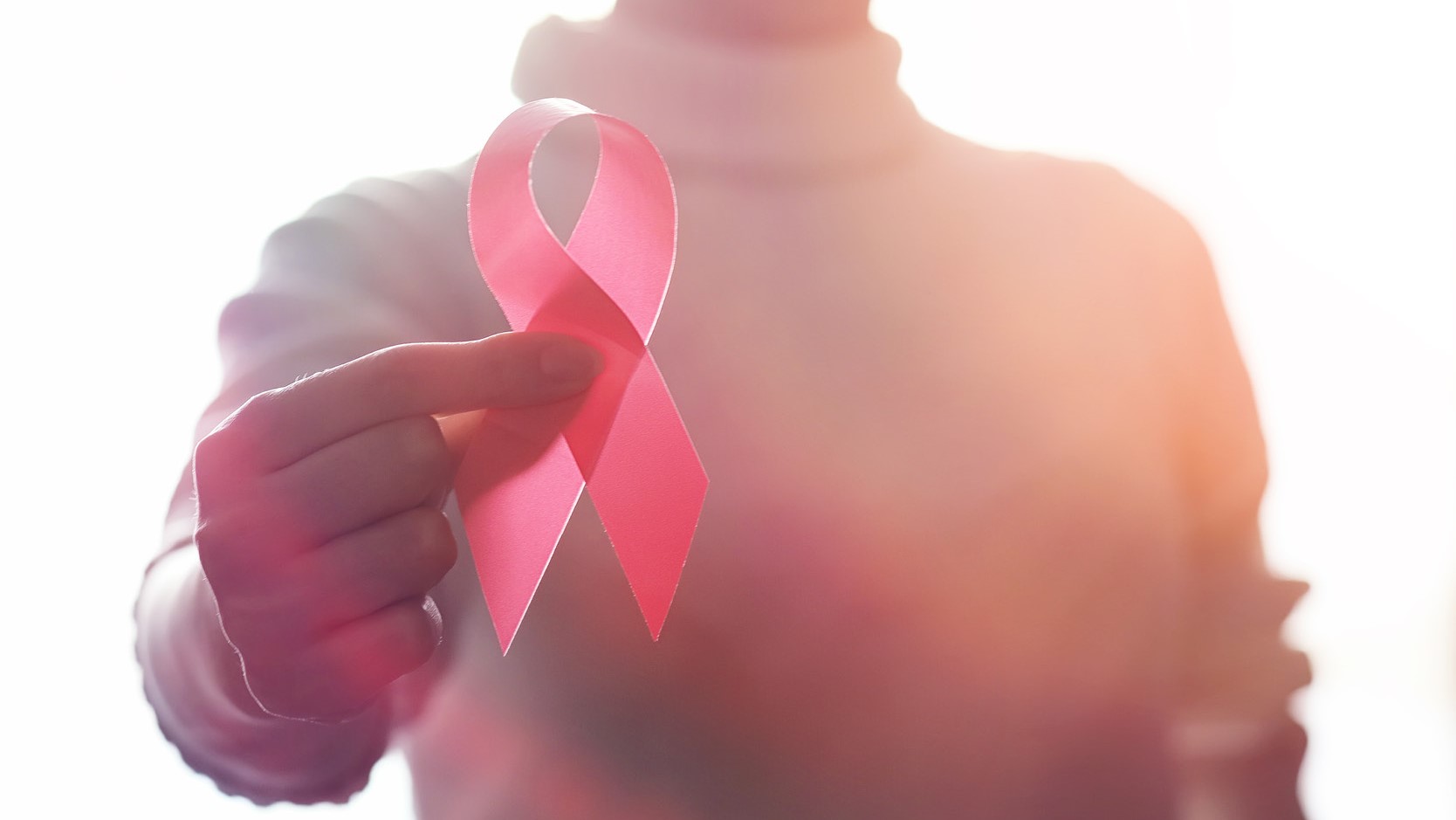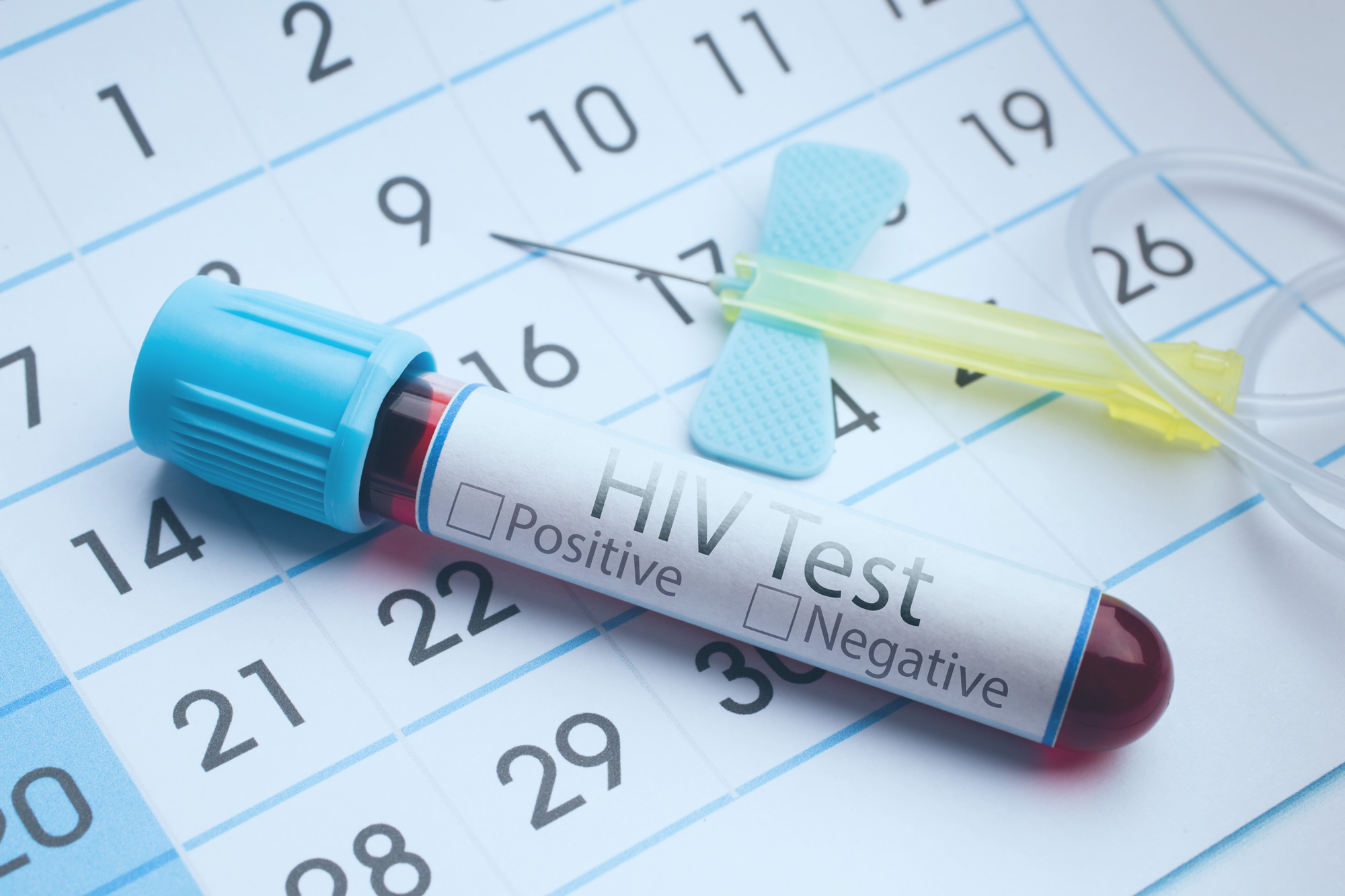Being diagnosed with an HIV positive profile can take a toll on the physical and financial well being of a person. Besides treatments being incredibly expensive, the disease can also lead to the death of a person because scientists are yet to discover a complete cure for HIV/AIDS.
[fvplayer id=”2149″]
While the patients struggle with their health and financial difficulties, laws in several countries have also made it incredibly difficult for these people to have a normal social life. Besides the stigma that is attached to a person who is suffering from HIV/AIDS, several nations have announced that it is a legal offense to transmit the virus.
Columbia decriminalizes HIV/AIDS
However, a ray of hope is visible with the decision taken by the Government of Colombia. The Constitutional Court has stated that it is no longer a crime to transmit HIV and Hepatitis B. The decision was hailed as a remarkable feat of progress by UNAIDS and other nonprofit AIDS organizations all over the world.

UNAIDS Executive Director Gunilla Carlsson said spoke out regarding the matter. She said,
“Public health goals cannot be pursued by denying people their individual rights. The decision by the Constitutional Court of Colombia is a concrete step to ensure the law works for the HIV response, and not against it.”
UNAIDS Executive Director speaks out
 According to the executive director, the draconian laws only add to the discrimination and stigma that is already faced by people living with HIV/AIDS. Furthermore, it has also negated the efforts of organizations that aims towards contributing public health services for people diagnosed with the disorder.
According to the executive director, the draconian laws only add to the discrimination and stigma that is already faced by people living with HIV/AIDS. Furthermore, it has also negated the efforts of organizations that aims towards contributing public health services for people diagnosed with the disorder.
Scientists have discovered that in communities where HIV/AIDS patients are punished, the authorities do not use medical facts for determining the nature of the offence. Very often, patients are being punished when there was no or little risk of infection.









